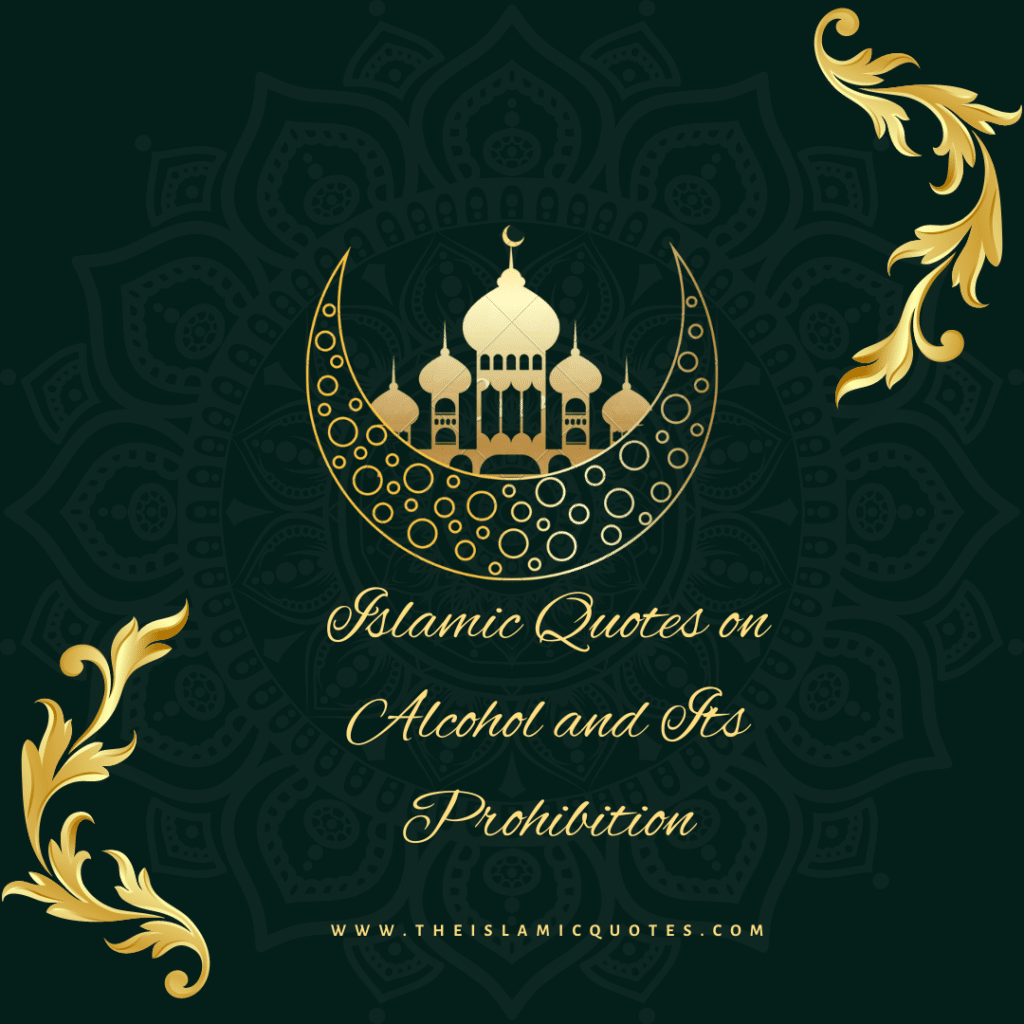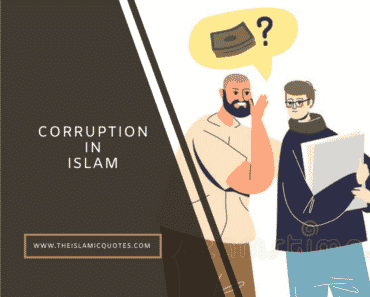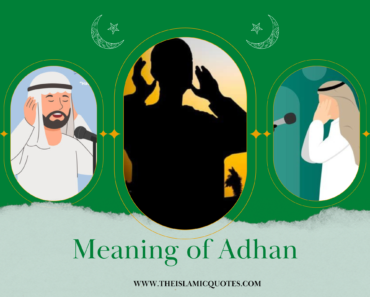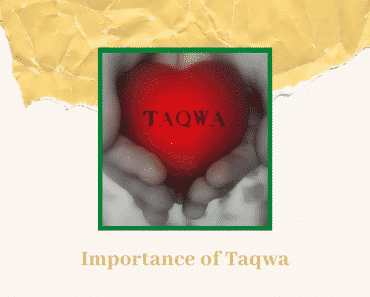Islamic quotes on Alcohol: The meaning of wine in Arabic is “khamr” which literal meaning is concealment. The reason drinks that are intoxicated are called “khamr” is that they put a veil or conceal the mind in a manner that it fails to function correctly, or in other words, it puts a veil on one’s senses. Here we have mentioned authentic Islamic quotes on alcohol that leave no room for contradiction by traditional and modern-day scholars.

It’s important to note here that in Islam, prohibition is not only confined to alcohol. In fact, it encompasses all intoxicating substances, including wine, beer, gin, whiskey, or drugs. Alcohol derived from any source is unlawful in Islam and considered impure. Muslim countries including Saudi Arabia and Pakistan have banned the use of alcohol owing to prohibition in Islam.
Alcohol and Islam

Why is alcohol prohibited?
The use of alcohol takes away a person’s ability to differentiate between right and wrong. A person’s faculties and behavior are deeply affected by it.

Other reasons why alcohol is prohibited in Islam are:
- Alcohol is part of Satan’s handiwork.
- Drinking alcohol leads to enmity and hatred among people.
- It prevents people from praying correctly and remembering Allah. A Muslim is not able to understand the meaning of prayer.
- Those who drink alcohol will be denied entrance to Paradise.
- Alcohol is the mother of evil in society. It entices people to do bad without consciousness and they later regret it.
- Alcohol is the cause of a number of road accidents. Others’ safety is at stake.
- Alcohol is one of the reasons for many broken families as it leads to abusive behavior, homicide, rape, etc
- Most importantly, It is the command of Allah Almighty as instructed in the Holy Quran and a number of ahadith, and there is no arguing on the final ruling. Adoting Taqwa is a necessity for a believer. You can read a full article about Taqwa here.

Step by Step ruling on Alcohol prohibition
1 – Muslims can’t pray when in a drunken state.
- Initially, as Islam was being spread, a warning was addressed to Muslims from praying while being drunk, as evident from the Surah below(Quran, 4:43).

2 – The cons of alcohol outweighed the pros
- Later, a verse was revealed to Prophet Muhammad (PBUH) that stated alcohol does have benefits (for example, in medicine). However, the negative effects of alcohol were far more significant than its positive attributes. This is proved by the Quranic verse stated below (Quran, 2:219).
- “They ask you concerning alcoholic drinks and games of chance. Say: in them are harm and goods for men, but their harm exceeds their good effects”
3 – The final ruling on Intoxicants
- Finally, the verse was revealed where intoxicants and gambling were labeled as abominations of Satan’s handiwork. This final warning was a strong indicator for Muslims to abstain from alcohol. This is mentioned in the following verse of the Quran. (Quran, 5:90-91).
- “O, believers! Intoxicants, gambling, idols, and drawing lots for decisions1 are all evil of Satan’s handiwork. So shun them so you may be successful.
- “Satan’s plan is to stir up hostility and hatred between you with intoxicants and gambling and to prevent you from remembering Allah and praying. Will you not then abstain?”
Soon after the revelation regarding the prohibition of alcohol, some of the companions came back and told the Prophet(PBUH) that some alcoholic drinks belonged to a few orphans. They inquired what were they to do about this; whether to spill it or leave it? Prophet Muhammad (PBUH) immediately ordered his companions to throw away all drinks, no matter to whom they belonged.
4 – The prohibition of alcohol extends to the person selling and serving it
Irrespective if one is drinking alcohol, buying, selling, serving, or even producing it, the command of prohibition is applicable to all. This is evident from the following Hadith:

Furthermore, the following Hadith explains the ten people involved in the process who are cursed by Allah. This is a wake up call for many Muslims especially working in the restaurant industry.

This following Hadith is of utmost importance as it indicates that one cannot remain a true Muslim while disobeying Allah’s commands and committing any of these great sins.

Conclusion
Hence, by studying these Islamic quotes on alcohol we can safely conclude that there is no room for doubt for declaring alcohol as forbidden in Islam by all schools of thought. Consumption is not only forbidden to the extent of drinking or eating (as used in various recipes). It also means to abstain from food that has ethanol, avoid perfumes and cosmetics that have alcoholic ingredients, and hence not to use any forms of intoxicating substances.
The wisdom behind the prohibition of alcohol is that a man with a sound intellect and good judgment starts to think and act foolishly. The following Hadith narrated by Umm Salamah (may Allah be pleased with her) supports the wisdom behind the prohibition of alcohol. you can read about all Halal and haram food here.

Any form of intoxicant makes a person forgetful in day-to-day life and prayers. Moreover, alcohol can cause aggressive and violent behavior. Hence, to safeguard the interests of Muslims, we have been instructed to stay away from this filth. There are many duas that also help you with keeping your nafs in check and abstain from sins such as these Powerful Duas to Ask Allah for Forgiveness of Sins.
Frequently Asked Questions
Q. Why is alcohol prohibited in Islam?
Ans. Alcohol is forbidden in Islam at various places in the Holy Quran because it is considered an intoxicant that contains more evil than benefits. The human life is an Amanah (trust) from Allah, and a Muslim is not to harm their lives and others in any way or form.
Q. What does Islam say about drinking alcohol?
Ans. Alcohol is considered Haram in Islam, and various places in the Holy Quran state that. One of the verses stating its prohibition is: They ask you about wine and gambling. Tell them, there are great sins in them, [even though they bring] some profit to the people, but their sin is greater than their profit. (219, Al-Quran)
Q. When did Islam ban alcohol?
Ans. Alcoholic drinks in Islam were banned in the fourth year of the Hijra (I.e, when Muslims migrated from Mecca to Medina). The first verse of prohibiting alcohol was revealed in the Holy Quran, followed by many other verses and Ahadith.
Q. Is less than 1% alcohol halal?
Ans. Any ethanol produced by anaerobic fermentation and ranging between 1 and 15% is considered to be Haram. In contrast, ethanol produced by natural fermentation and less than 1% is regarded as preserving agent, and its Halal status is allowed. In addition, any concentration varied from 0.1 to 100% prepared with the intention to be used as a beverage drink is considered Haram.
Q. Which drinks are halal?
Ans. All the beverages that are non-alcoholic and are pure and good for health are halal in Islam. This includes fruit juice, sparkling water, cow milk, goat milk, camel milk, almond milk, coffee, tea, soymilk, etc.






